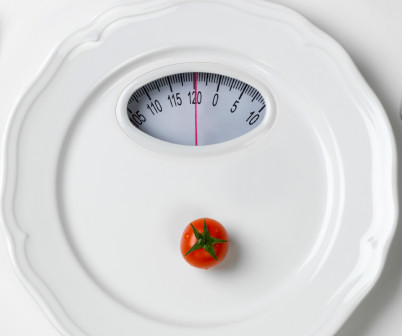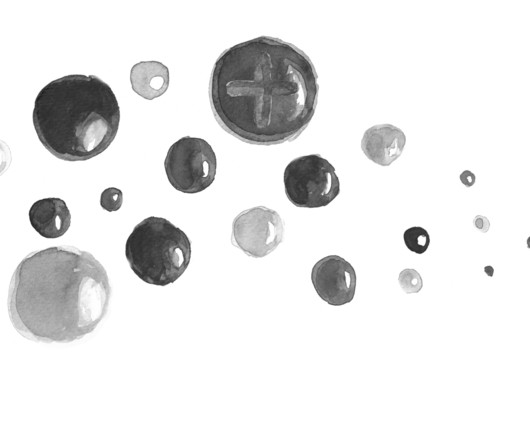Diabetic Ketoacidosis in Paediatrics
Mind The Bleep
DECEMBER 19, 2023
Common stressors in children and adolescents include: Infections: urinary tract infections, gastroenteritis, pneumonias, Poor compliance to insulin therapy, Dehydration, Fasting state, Heatstroke Trauma. or HCO3 10-15 mmol/L: mild DKA (5% dehydration) pH < 7.2 or HCO3 5-10 mmol/L: moderate DKA (5% dehydration) pH < 7.1




















Let's personalize your content